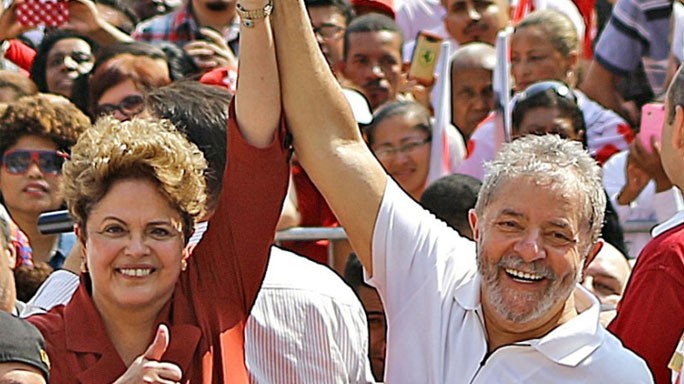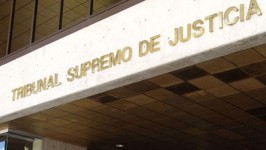The chant went up from the Workers’ Party faithful: “Lula, warrior of the Brazilian people!” Brazil’s popular former president, Luiz Inácio Lula da Silva, was getting up on the stage here to cap the celebration of his party’s 35 years of existence.
Flanked by his successor, Dilma Rousseff, and Uruguay’s outgoing president, José Mujica, Lula should have been reveling in the party’s electoral success as it begins an unprecedented fourth consecutive term in government.
Instead, Brazil’s worsening “Big Oil” scandal — in which prosecutors allege hundreds of millions of dollars were siphoned off contracts from the state- controlled oil company, Petrobras — hung like a big black cloud over the celebrations.
The Workers’ Party is facing a crisis. The struggling economy is heading toward a potential recession this year, Rousseff’s new finance minister is proposing unpopular cuts and tax increases, and a drought afflicts the economically vital southeast of the country. A poll last weekend showed Rousseff’s approval rating had halved just three months after she won the election.
And the day before Lula spoke here, television news showed images provided by federal police of officers climbing over the front gate of party treasurer João Vaccari’s Sao Paulo home, to take him in for questioning over legal and illegal donations. A key Big Oil witness estimated $150 million to $200 million was paid to the Workers’ Party from Petrobras contracts over a decade. Vaccari was released and not charged.





